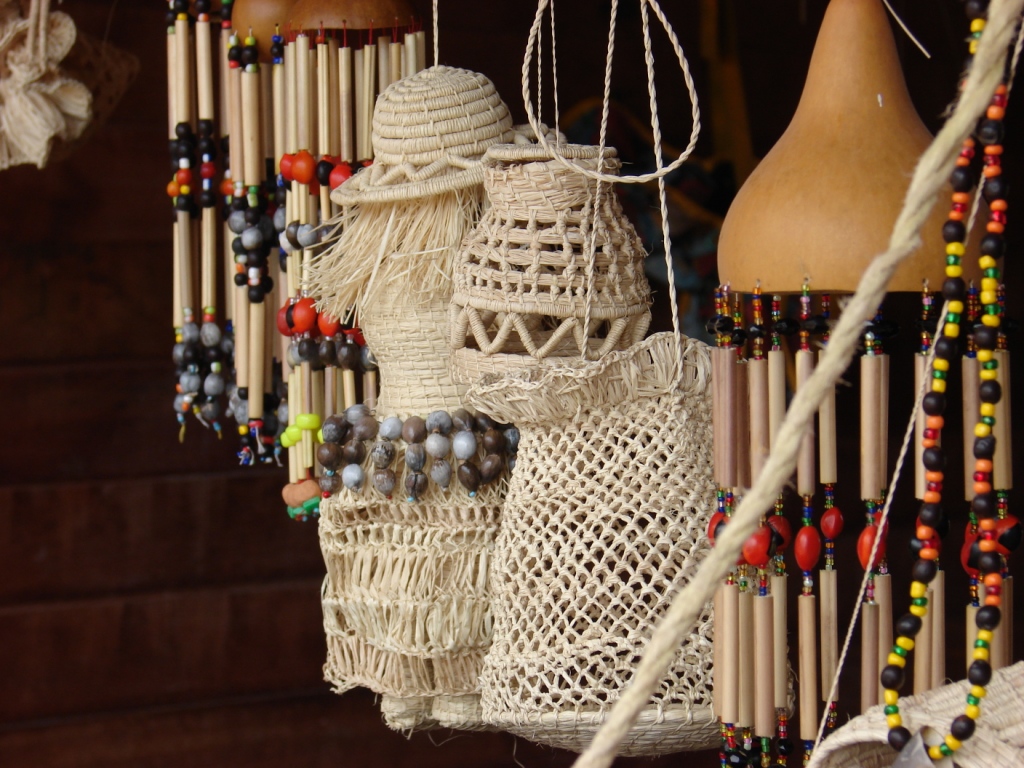
SAPI Grants Certification Mark to Indigenous Peoples of the State of Bolívar for the First Time
The Venezuelan Intellectual Property Office (SAPI) granted certification marks to indigenous peoples of the State of Bolivar for the first time. This resolution was published in Intellectual Property Bulletin No. 590 dated December 20, 2018 and granted 11 certification marks to the Federation of Indigenous People of the State of Bolívar (FIEB).
The application for registration of this marks was filed in 2008 by this group of indigenous people, made up mainly of Pemones, under the provisions contained in the then still in force Decision 486 that establishes the Common Regime on Industrial Property of the Andean Community of Nations (CAN).
However, after the withdrawal of Venezuela from the Andean Community, the procedure remained suspended for 10 years, possibly due to the lack of applicable legislation since the Industrial Property Law of 1956 does not include a procedure for the granting of certification marks. Nevertheless, given that it does not prohibit it, the Office based its arguments on the rules of protection of Human Rights and on the recognition of the Indigenous Communities established in the Constitution, in International Treaties entered into on this matter and in laws such as the Organic Law on Indigenous Peoples and Communities.
The case is very interesting, since for the first time the distinctive capacity of a brand coming from the productive sectors of the indigenous peoples is recognized, this time from the groups located in the State of Bolívar, the characteristics of which products allow them to differentiate themselves in the market from those produced by people that are not part of said federation. What constitutes a benefit for the economic takeoff of these communities, and seeks to improve the quality of life of its inhabitants, since the Certification Mark constitutes an efficient protection of the Nation’s cultural assets.
Among the handicrafts manufactured by these indigenous communities recognized and protected under these Certification Marks of the FIEB and that meet the requirements established in the Regulation of Use are: the body paintings, wood crafts, baskets, backpacks, fans, necklaces, simple ceramic utensils, nets for fishing, cotton hammocks, musical instruments such as maracas, pan flutes, violin and drums; weapons and wooden spears, apparel made of bark and even agricultural products and spirits.
The granting of these Certification Marks constitutes an important advance in the matter of Intellectual Property in Venezuela, since it promotes the economy from the rural sectors of the country as an important source of tourism. While the need continues for restructuring the legal system, especially the Industrial Property Law, to incorporate and standardize the rules governing the protection of Certification Marks among others, we hope that this is the beginning to establish new parameters that drive investment associated with issues of Intellectual Property.







